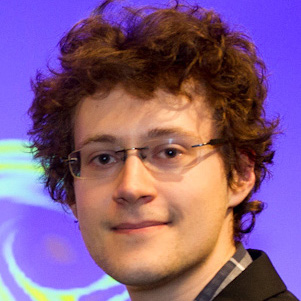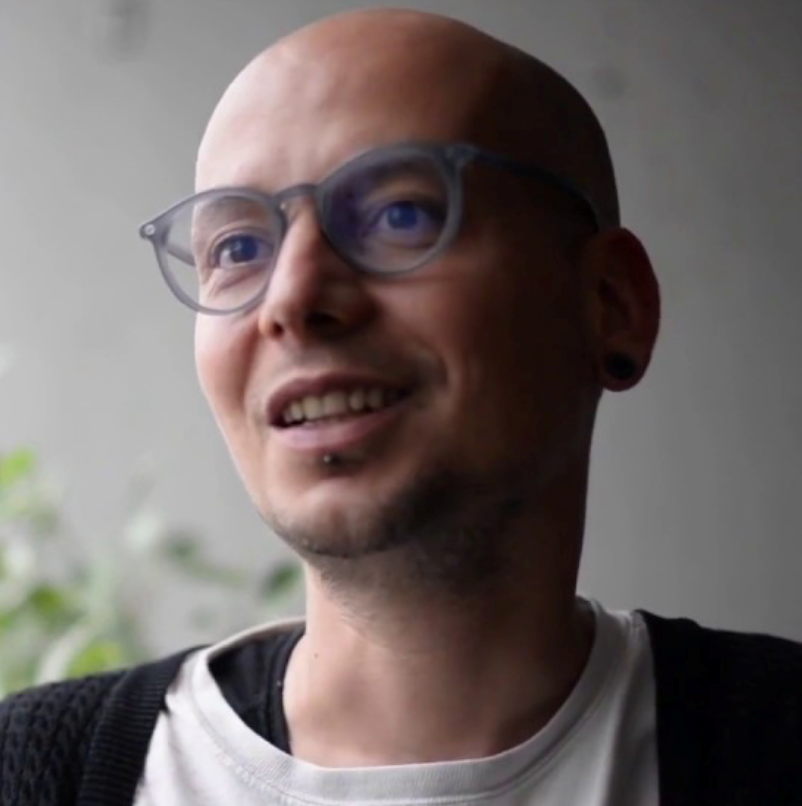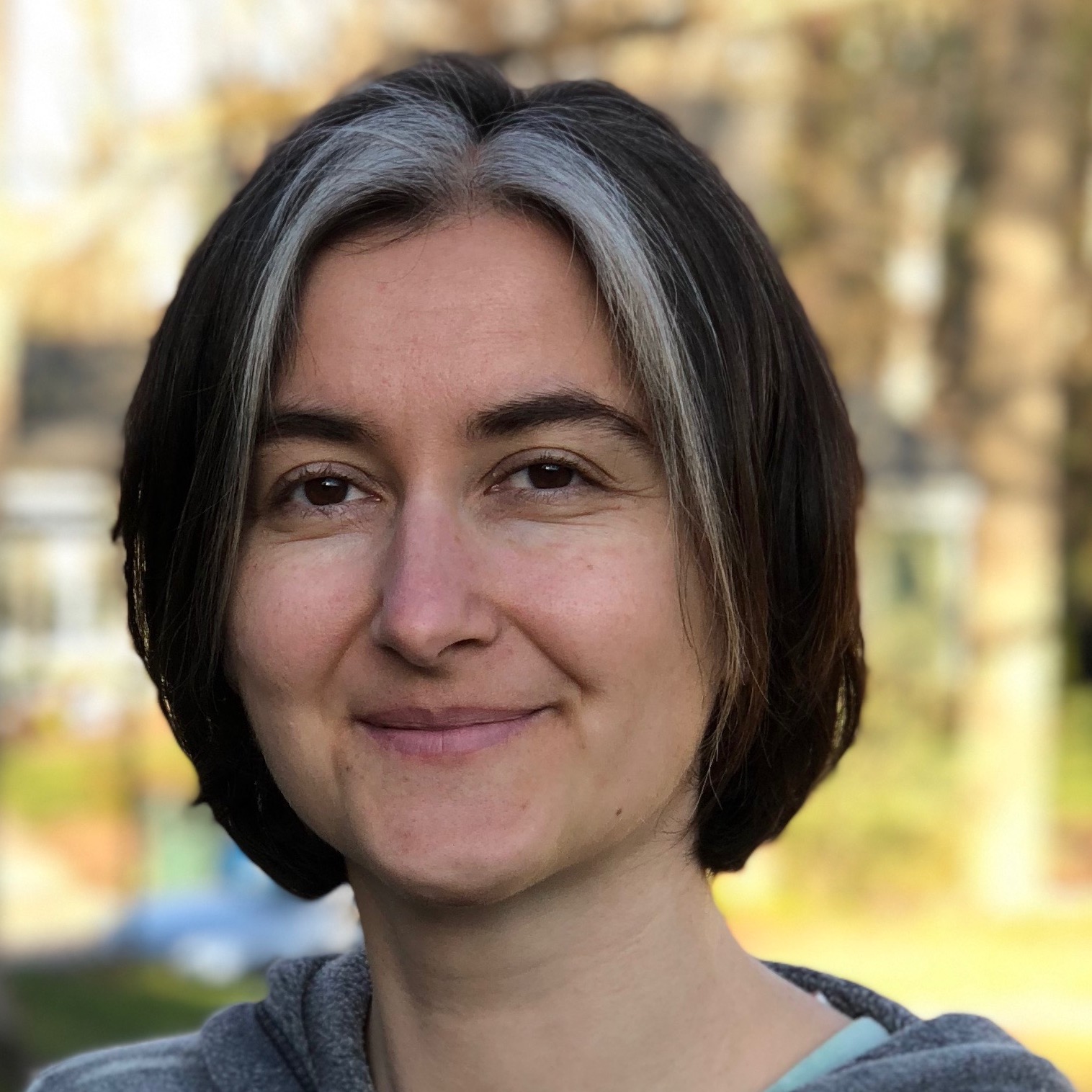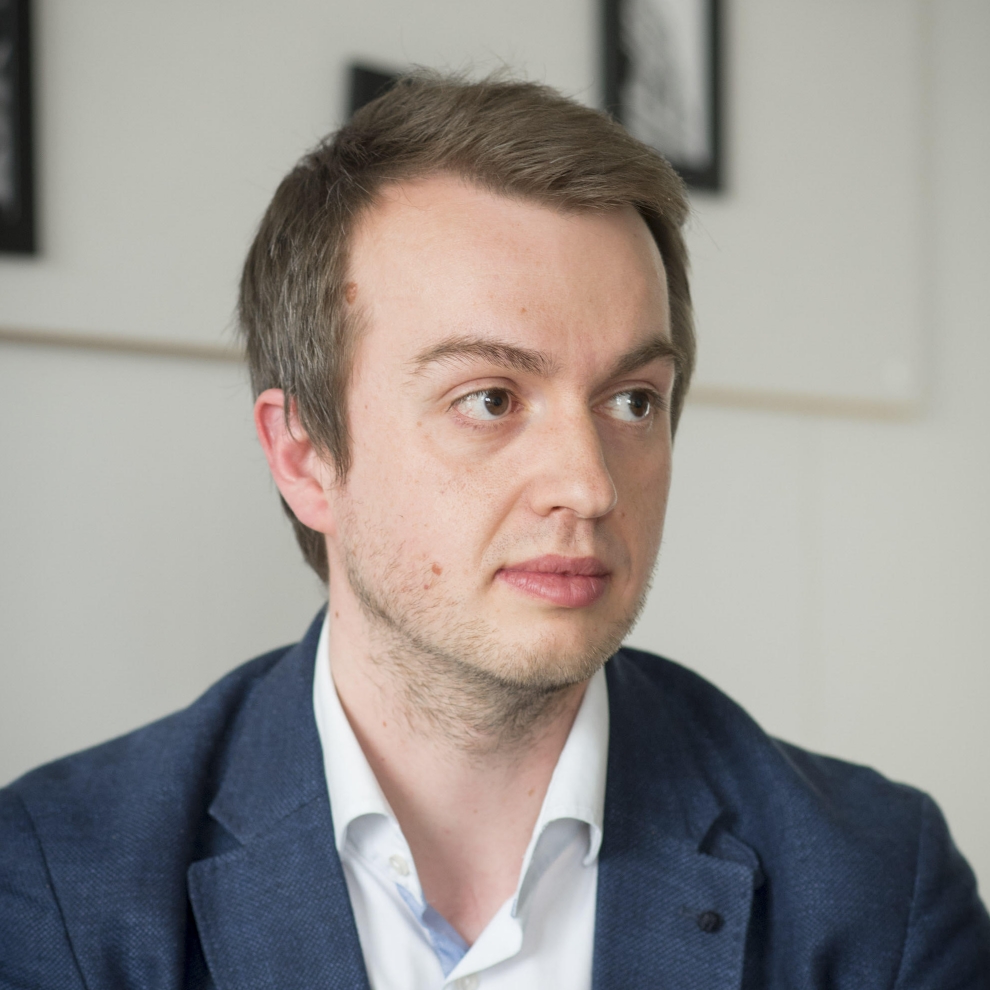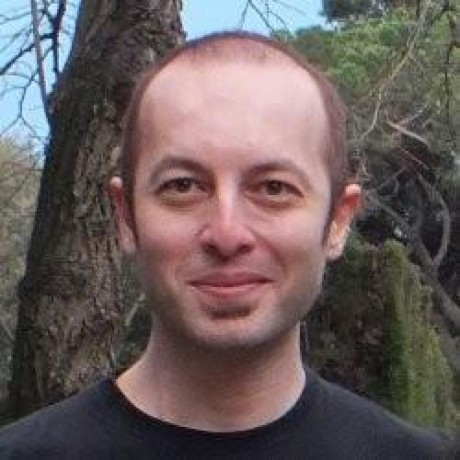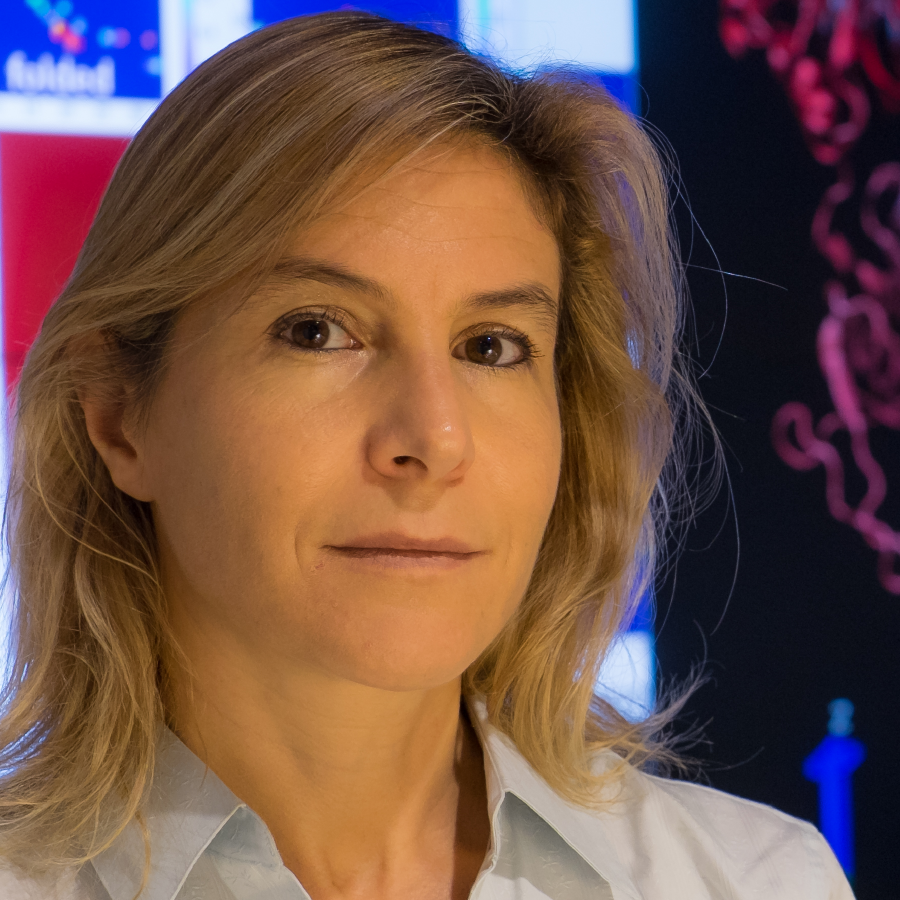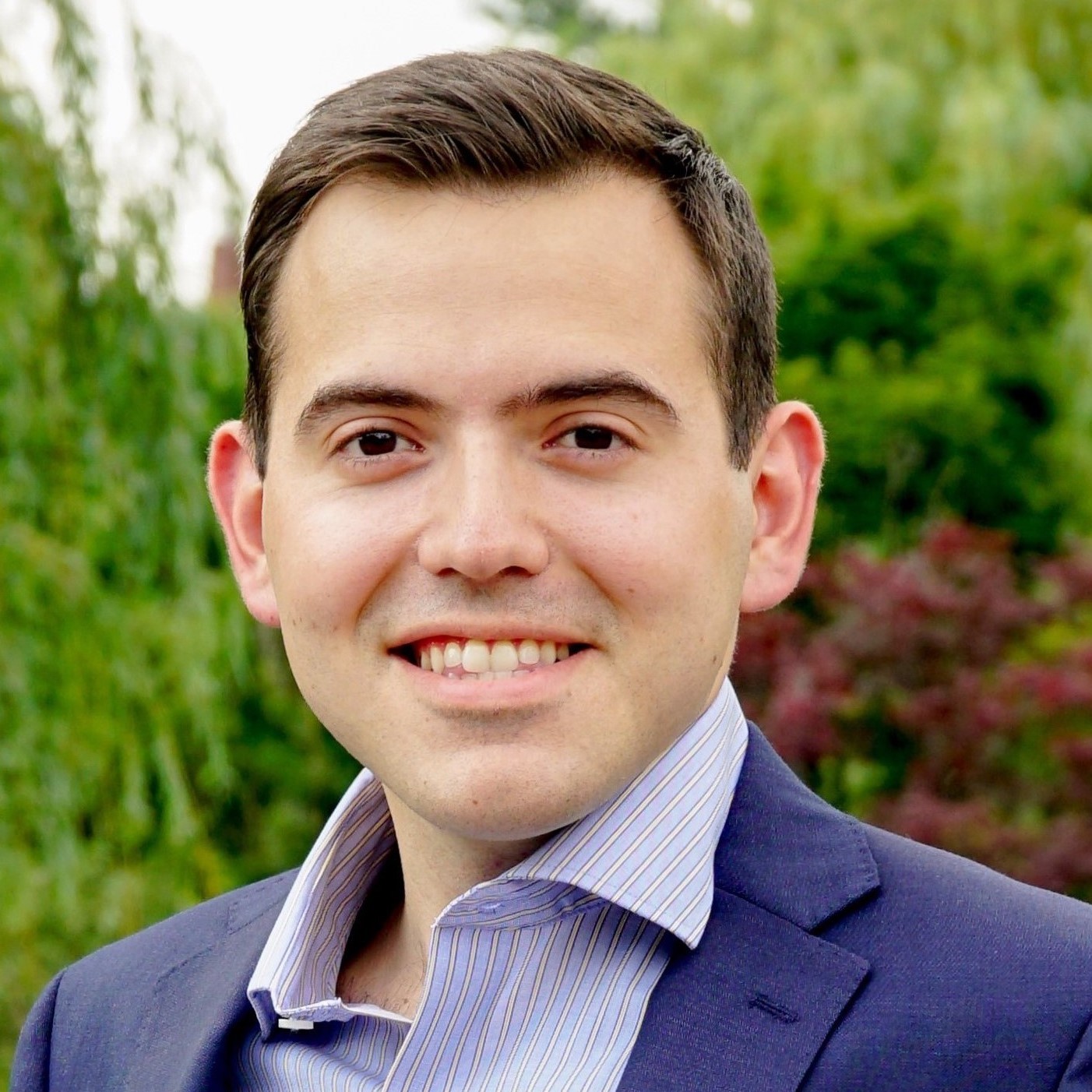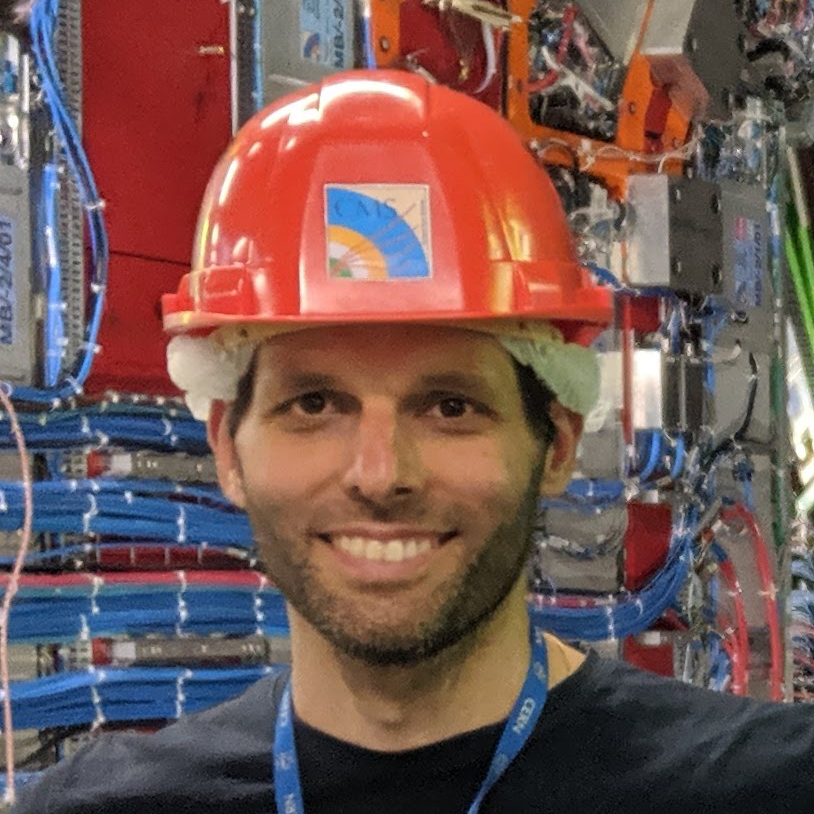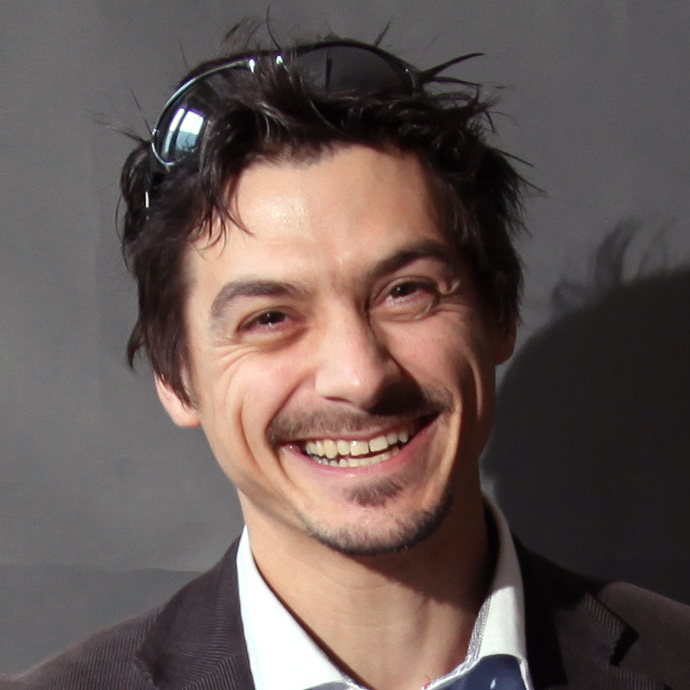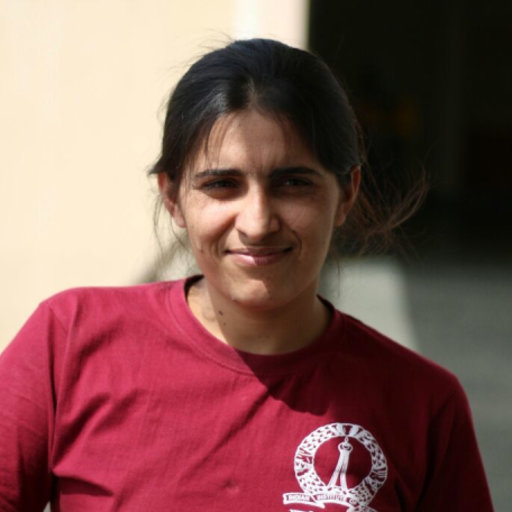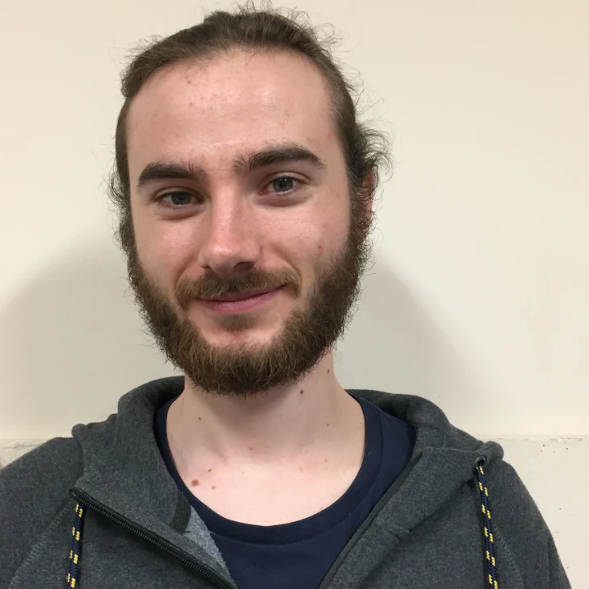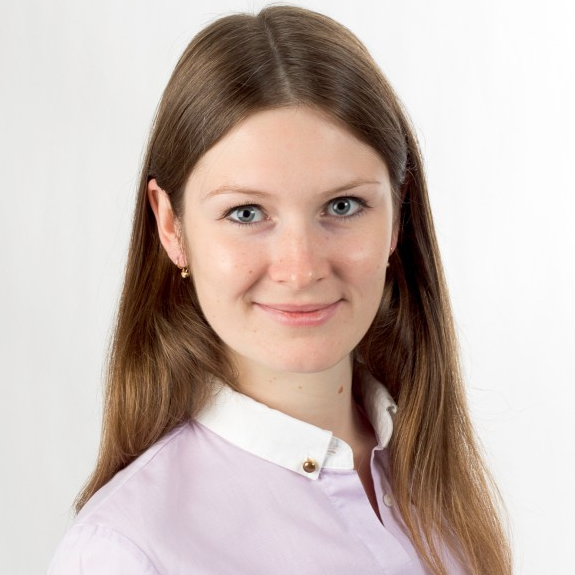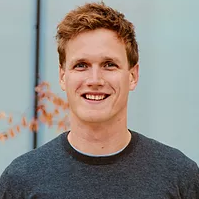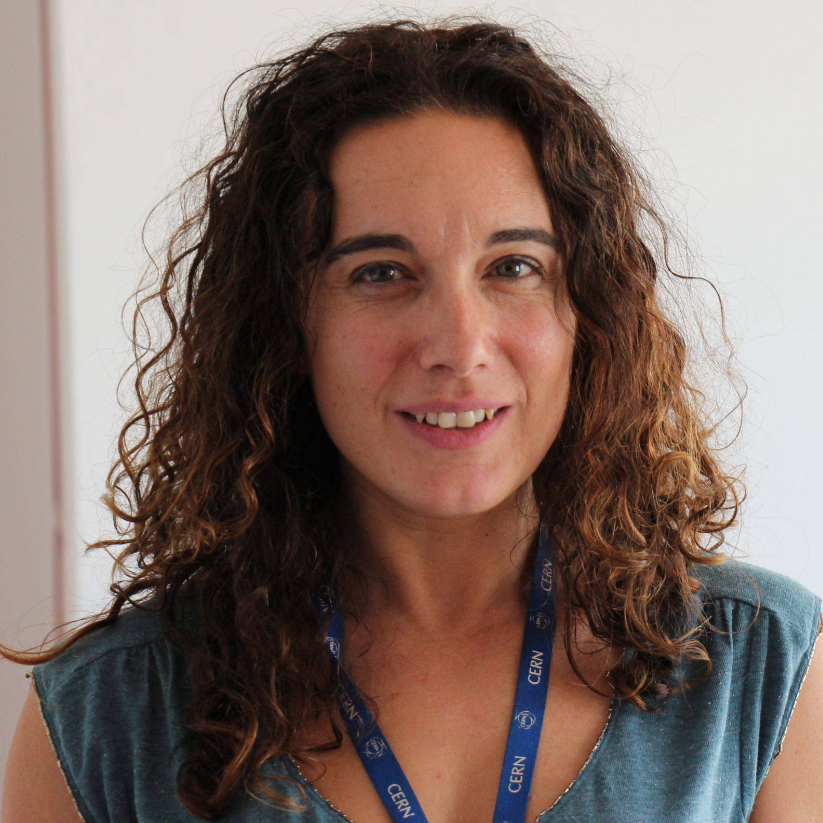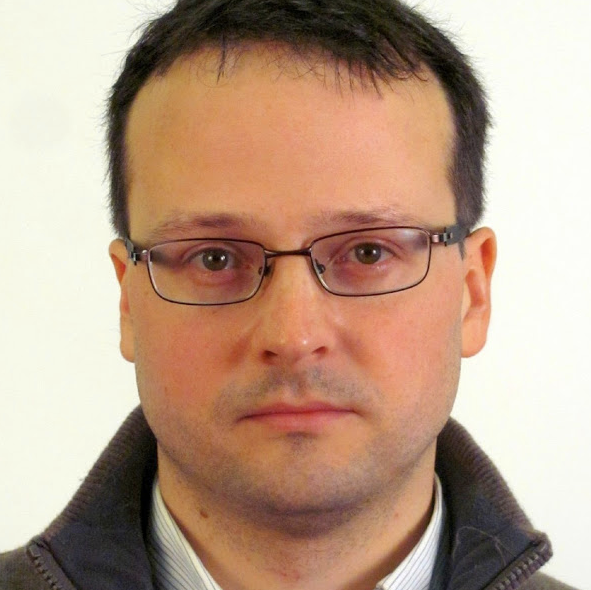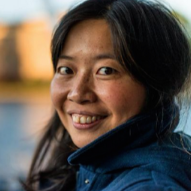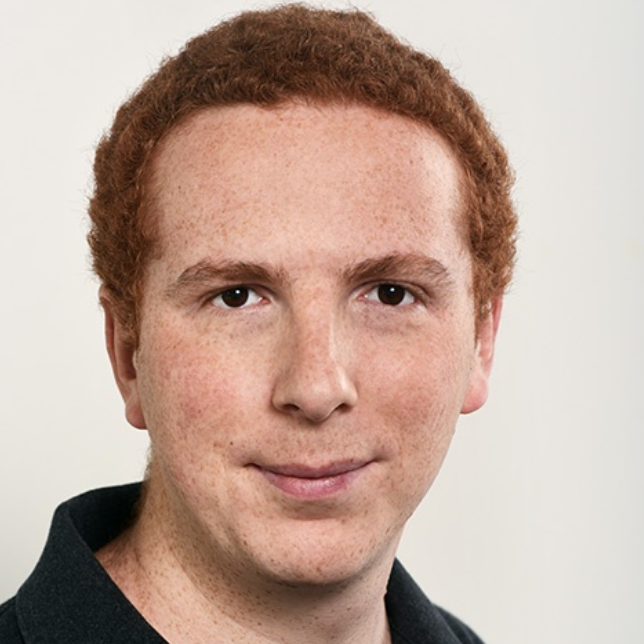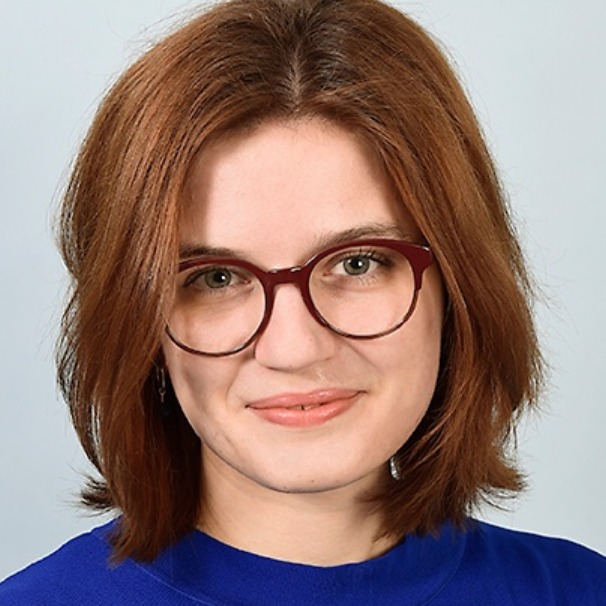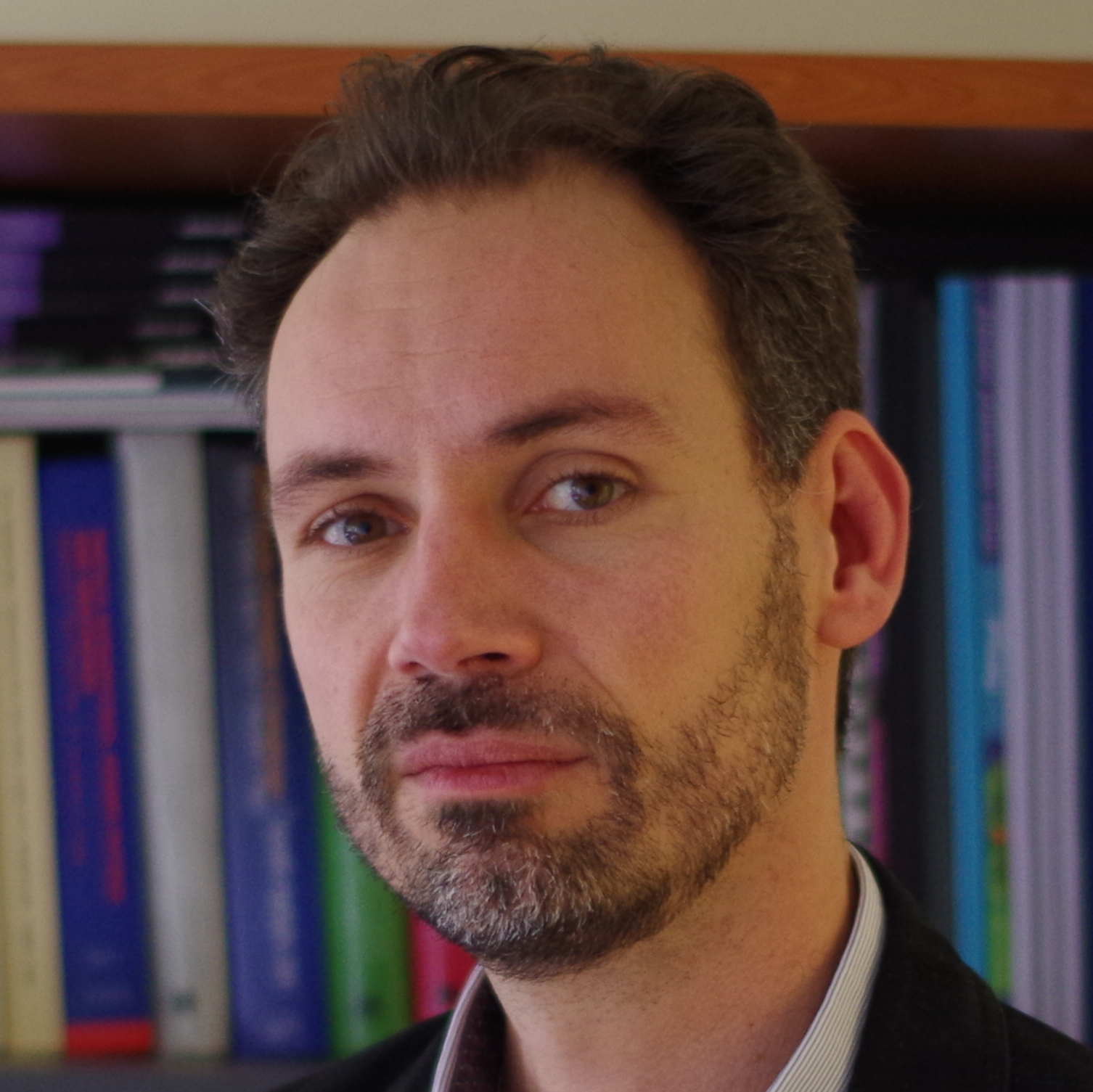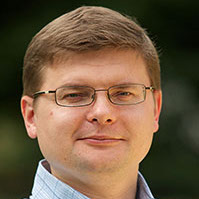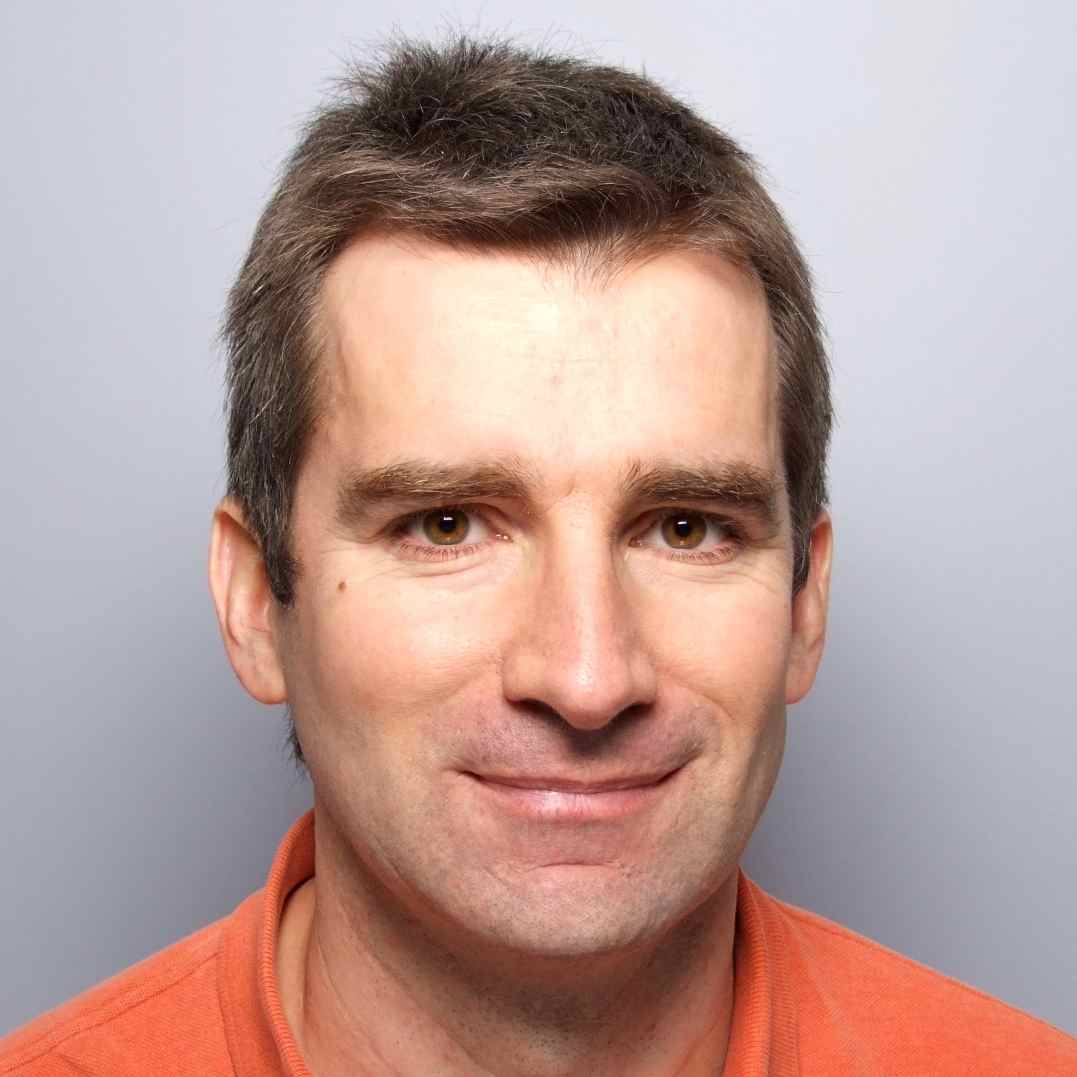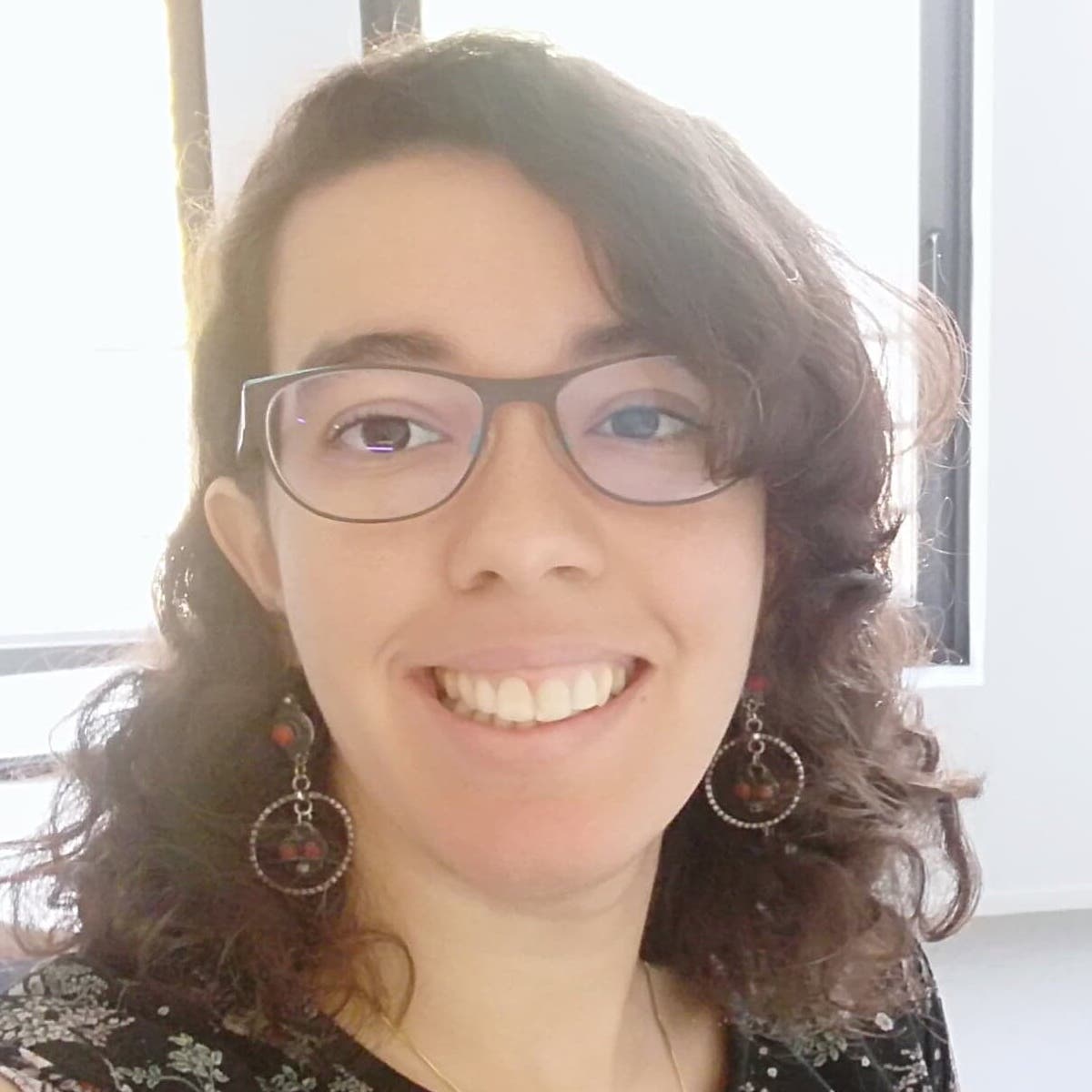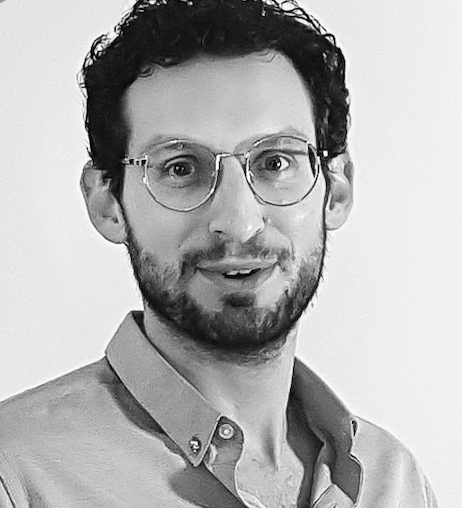Neural simulation-based inference
With Gilles Louppe
Simulating the Universe with Machine Learning
With Shirley Ho
Learning molecular models from simulation and experimental data
With Cecilia Clementi
Tracking High Energy Particles with Deep Learning
With Jean-Roch Vlimant
Break
Data ex Machina: Machine Learning with Public Collider Data
With Eric Metodiev
Predicting phase transitions in many-body physics
With Eliska Greplova
Exploring string theory solutions with reinforcement learning
With Fabian Ruehle
Statistical physics for machine learning
With Lenka Zdeborová
WIMPs or else? Using Machine Learning for Dark Matter Detection
With Charanjit Kaur
Panel discussion
With Maurizio Pierini, Lenka Zdeborová, Danilo Jimenez Rezende, Shirley Ho & Gilles Louppe
Generative Models and Symmetries
With Danilo Jimenez Rezende
Machine Learning in Physics and Beyond: experience at CERN openlab
With Sofia Vallecorsa
Deep learning driven model discovery in physics
With Remy Kusters
Break
Probabilistic Inference in Simulators
With Atılım Güneş Baydin
Deep learning from physics to financial services
With Jeremie Abiteboul
A deep neural network for simultaneous estimation of b quark energy and resolution for the CMS experiment
With Nadezda Chernyavskaya
Can we optimize the operation of CERN's Large Hadron Collider with Machine Learning techniques?
With Loic Coyle
